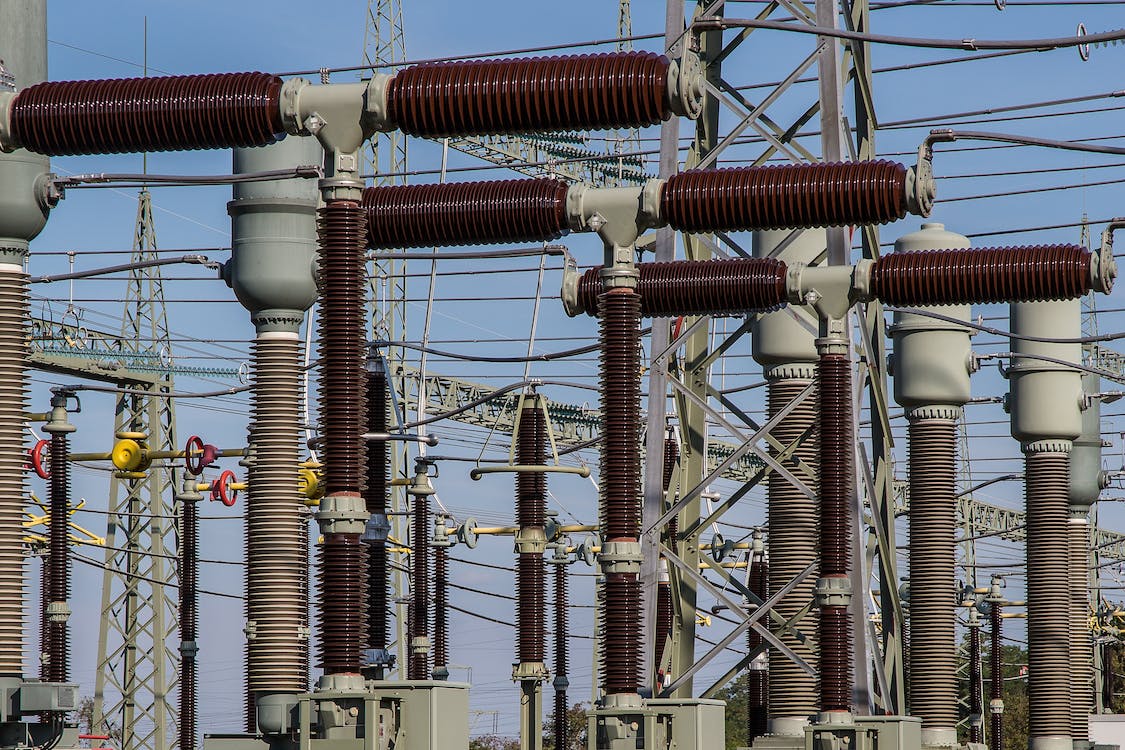Electricity is a vital part of our modern world. It is responsible for giving life to many technological devices, which makes our everyday tasks easier. Without it, several objects, machines, and industries would not exist, and the world as we know it would seem unimaginable.
With all this said, we can say that the use of electricity made a significant impact on the advancement of our society. Today, we use electricity in various ways, such as lighting up a light bulb, giving power to computers, and many others. Because of its incredible efficiency, several scientists devote to study its properties and devise more ways to utilize its energy.
Interestingly, many scientists and engineers continue to develop different technologies to generate electricity. That is why our modern world heavily relies on electric power to cope up with our fast-paced environment. The high electricity demand requires specific scope studies to gain more understanding about how it works, as well as better methods to produce and utilize its energy.
Moreover, science developed a way to study, design, and produce various systems and devices which use electricity. This field of study is called electrical engineering, and it is a branch under engineering, which is vital for the advancement of electrical technologies.
In this article, we are going to look into the more profound definition of electrical engineering, and mainly, what its history is.
What is Electrical Engineering?
Electrical engineering is a branch of engineering devoted to the study, design, and application of electrical devices. Many of our modern world technologies are a product of this field of science.
Because of its diverse topics, it also covers the more specific scope of studies, such as computer engineering, power engineering, telecommunications, electronics, and many others. These branches of engineering show a lot more specialized topics regarding electricity.
Similar to other fields of engineering, electrical engineering is also a profession that uses various tools to design and analyze electric systems. Today, several electrical engineers continue to contribute to the advancement of our technology.
What is the origin of electrical engineering?
Similar to other branches of science, electrical engineering also has a history that dated back hundreds of years ago. Over the years, it paved a long way to build its foundations and develop it to the advanced stage that it is today.
We can trace back its origin to the 17th century when the English physicist Wiliam Gilbert made his contributions to its development. Gilbert was one of the first persons to conduct scientific studies about the properties of electricity. He was well-known as a prominent early electrical scientist. Furthermore, some of his notable works were the clear distinction between magnetism and static electricity, as well as coined the term ‘electricity.’
Fast-forward to the 19th century when the development of electrical engineering grew rapidly. During this time, several scientists and engineers worked on establishing solid foundations for electricity. Some of the great scientists, such as Georg Ohm and Michael Faraday, made their contributions to the advancement of electrical engineering. Ohm was known to quantify the relationship between the electric current and potential difference in a conductor.
On the other hand, Faraday was well-known for his several works related to electricity, wherein it includes the discovery of electromagnetic induction. Faraday made a significant impact on the study of electricity; furthermore, his works laid the foundation of electric motor technology. Another scientist who made a remarkable work in the development of electricity was the Scottish physicist James Clerk Maxwell. He was responsible for publishing a unified theory of electricity and magnetism in a treatise entitled ‘Electricity and Magnetism.’
Many other notable names did their works in the development of electrical engineering during this period. Among them was the American inventor and businessman Thomas Edison. Edison is famous because of his various works and inventions, such as power supply networks, the phonograph, and probably the most famous – the early version of the electric light bulb.
Aside from Edison, another American inventor and electrical engineer named Nikola Tesla left a remarkable impact on the history of electrical engineering. He made several inventions and discoveries related to electricity; however, one of his most notable works was the design of the modern alternating current, also known as AC, electricity supply system.
